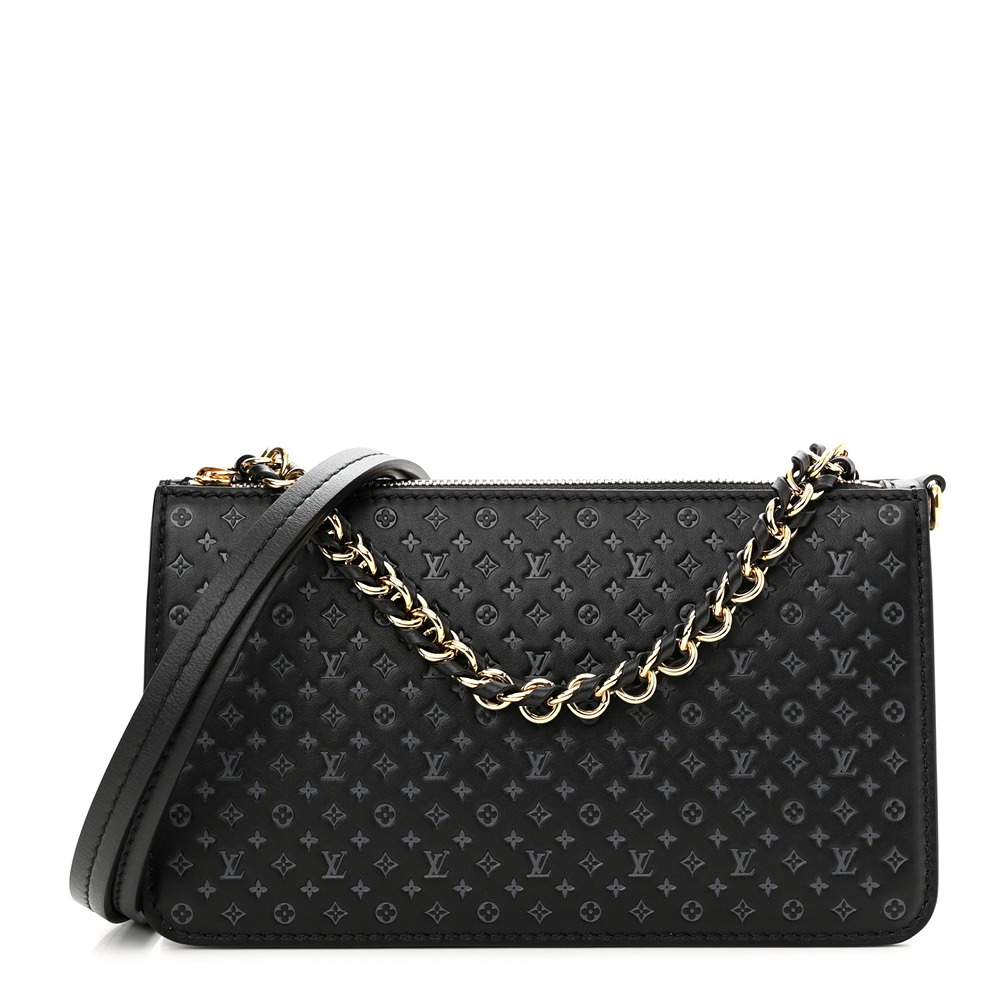Face Off: Is Buying a Replica Handbag Ever Justified?
 The world of fashion boasts an unspoken hierarchy, with luxury brands sitting at its upper echelon. These labels, emblazoned upon handbags and accessories, are more than just items of clothing or accessories—they’re symbols of status, pride, and sometimes even an investment for the future. However, in the shadows of these aspirational brands lies a contentious market for replicas or “knock-offs”. In this article, I’ll dissect the polarizing debate around the purchase of replica handbags, weighing the allure of luxury against the fabric of ethical consumerism.
The world of fashion boasts an unspoken hierarchy, with luxury brands sitting at its upper echelon. These labels, emblazoned upon handbags and accessories, are more than just items of clothing or accessories—they’re symbols of status, pride, and sometimes even an investment for the future. However, in the shadows of these aspirational brands lies a contentious market for replicas or “knock-offs”. In this article, I’ll dissect the polarizing debate around the purchase of replica handbags, weighing the allure of luxury against the fabric of ethical consumerism.
Defining the Dilemma: The Ethical Quandary of Replicas
At first glance, purchasing a replica handbag might seem innocuous. After all, not everyone has the financial freedom to splurge on a genuine Chanel or Louis Vuitton. Yet, there’s a deeper narrative at play. When you buy a counterfeit, you’re often supporting a network that infringes on intellectual property rights. This, in turn, can lead to lost revenue for the original designers and a spiraling effect on innovation within the industry.
The luxury market is not just about the dollars; it’s about the craftsmanship, heritage, and in many cases, the stories that are woven into the very fiber of the goods. When replicas deceptively mimic these attributes, they dilute the value of the original and mislead consumers who cannot discern the difference.
Justifications for Purchasing Replicas
In discussions defending replica purchases, affordability often takes center stage. The price of luxury goods can be prohibitively expensive for many, and for some, this seems an impractical tradeoff. Replica handbags supposedly bridge this gap, offering consumers a slice of luxury without the exorbitant price tag.
Another argument hinges on the elusive nature of luxury brands. The supreme exclusivity these labels cultivate can be perceived as snobbery, turning away customers who feel just as entitled to beauty and quality. Customers bottega veneta bags replica who cannot afford or obtain brand originals via usual retail channels may feel justified in seeking an alternative means to satisfy their desire for well-crafted design.
Counterpoints and Ethical Considerations
While affordability is undeniably a factor, it’s crucial to question the true cost of replicated luxury. The creation of counterfeit goods often involves exploitative labor practices, and the profits may funnel into criminal organizations or even fund other illicit activities. From a legal standpoint, the purchase and sale of replica handbags are widely illegal and contribute to a black market that is far from victimless.
Additionally, the environmental footprint of counterfeit production is a growing concern. Quality control is usually lax, leading to potential health hazards for consumers, and the life cycle of counterfeit goods often involves a buildup of waste, toxins, and ethical violations that original luxury brands may have otherwise avoided through sustainable and ethical business practices.
Alternatives and Ethical Shopping Practices
The conversation can’t end with a simple condemnation of replica handbags. Alternatives exist that can satisfy the love of fashion without compromising on ethics. Pre-owned luxury markets, where consumers can buy and sell authentic designer items, offer a sustainable and often more affordable approach. Renting services for high-end wear are on the rise and cater to those who seek a temporary taste of versace bag replica luxury without the commitment or cost of ownership.
Those concerned with supporting ethical practices within the fashion industry can also explore the vast, vibrant world of emerging designers. These up-and-comers offer unique, high-quality items without the weight of a luxury label’s mark-up or the guilt of counterfeit consumption. Importantly, supporting authentic, original designs promotes fair labor practices, sustainability, and innovation.
Conclusion: Weaving Ethics into Our Wardrobe
The choice to buy a replica handbag is not merely a transaction; it’s a statement of values. In a world where conscious consumption is taking center stage, the fashion industry, with its deep creative roots and potential for global impact, can be both a canvas for self-expression and an arena for ethical responsibility.
When faced with the allure of a luxury replica, it’s important to consider the broader implications of our choices. While financial limitations and aspirational desires are valid, they must be weighed against the rights of designers, health and labor considerations, and the foundational ethos of ethical consumerism.
It is within our power as consumers to shape the future of fashion—I implore you to wield that power with wisdom and a regard for the integrity of the industry. By opting for ethical shopping practices, you can contribute to a cycle that champions both style and values, ensuring that fashion remains a beacon of creativity that enriches, rather than exploits, the lives of all involved.
Call to Action: Join the Conversation and Make a Difference
This is not just a monologue; it’s a conversation that needs your voice. Share your thoughts on social media, engage in discourse about ethical fashion, and search for local communities that echo your sentiments. Every purchase, no matter how seemingly small, is a vote for the world you wish to see. Make your wardrobe a testament to your values, and in doing so, you elevate not just your style, but also the legacy of fashion itself.